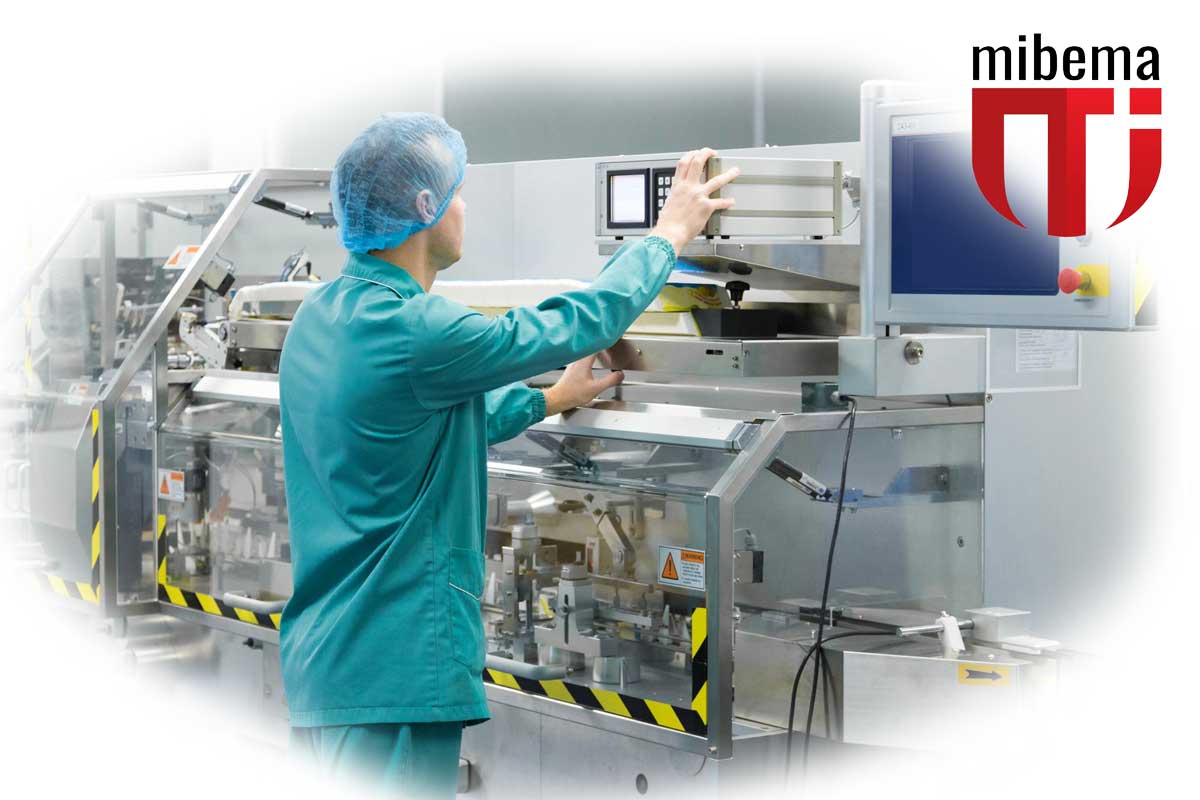
MIBEMA understand that the production of pharmaceutical medicines and equipment relies heavily on the consistent and high-quality supply of raw materials.
These materials form the backbone of the pharmaceutical industry, ensuring that medicines are effective, safe, and reliable, while equipment meets stringent standards for healthcare use.
APIs are the biologically active components of a pharmaceutical drug that produce the intended effects. These substances must be sourced from certified suppliers who adhere to Good Manufacturing Practices (GMP) to ensure purity and efficacy.
Excipients are inactive substances used as carriers for the active ingredients of a medication. These include binders, fillers, solvents, and preservatives. They play a crucial role in the stability and delivery of the drug.
Chemical intermediates are essential in the synthesis of APIs. These compounds must meet strict quality standards and are often subject to rigorous testing and validation processes.
Biological materials, such as cell cultures, enzymes, and recombinant proteins, are critical for the production of biopharmaceuticals. The sourcing of these materials must comply with stringent regulatory requirements to ensure safety and efficacy.
Packaging materials, including bottles, blister packs, and vials, are crucial for protecting pharmaceutical products from contamination and degradation. These materials must also meet regulatory standards to ensure the safety of the end-users.
For the production of pharmaceutical equipment, raw materials include medical-grade plastics, metals, and composites. These materials must be biocompatible, durable, and meet rigorous quality standards to ensure the safety and effectiveness of medical devices.
Quality assurance is paramount in the pharmaceutical industry. Raw materials must undergo rigorous testing and validation to ensure they meet the required specifications. Suppliers must provide detailed documentation and certificates of analysis to verify the quality of their products.

Regulatory Compliance The pharmaceutical industry is highly regulated, with strict guidelines for the sourcing and use of raw materials. Suppliers must comply with international regulations, such as those set by the FDA, EMA, and WHO, to ensure their materials are suitable for use in pharmaceutical production.
Sustainability is becoming increasingly important in the pharmaceutical industry. Companies are focusing on sourcing raw materials from sustainable and ethical sources to minimize their environmental impact and support global health initiatives.
Supply Chain Security Ensuring a secure and reliable supply chain is critical to avoid disruptions in production. Pharmaceutical companies work closely with suppliers to manage risks and ensure the continuous availability of high-quality raw materials.
Building strategic partnerships with reliable suppliers is essential for maintaining a consistent supply of high-quality raw materials. These partnerships help in:
The supply of raw materials for the production of pharmaceutical medicines and equipment is a complex and critical aspect of the industry.
Ensuring the quality, compliance, and sustainability of these materials is essential for producing safe and effective pharmaceutical products.
By establishing strong partnerships with trusted suppliers and adhering to stringent regulatory standards, the pharmaceutical industry can continue to innovate and deliver life-saving medicines and medical devices to patients worldwide.
